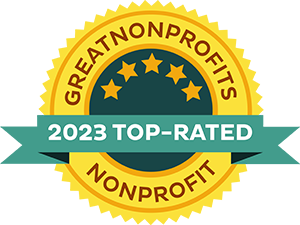Connecticut Criminal Justice Reform Field Scan (2018)
Download the full Connecticut Criminal Justice Reform Field Scan, prepared by the Katal Center for Health, Equity, and Justice here.
In 2018, the Katal Center for Health, Equity, and Justice conducted a Connecticut Criminal Justice Field Scan. The Field Scan served several goals: first, we wanted to review where Connecticut stands in its efforts to end mass incarceration and for that assessment to be directly informed by groups working across the field. Second, we wanted to better understand how the Connecticut criminal justice field – and those who are connected to criminal justice reform efforts but who are not per se criminal justice reformers – perceived progress in our state comparatively to states across the nation, and learn what further efforts were needed to advance decarceration – both in the 2019 legislative session under a new governor, and long-term. Third, we wanted an increased understanding of the range of groups, coalitions, and networks currently working to end mass incarceration in Connecticut – and to uncover new configurations and relationships that may have developed. Finally, we wanted to bring together a wide range of voices – both familiar leaders and unfamiliar folks on the ground around the state – to solicit input about the best path forward to further strengthen the movement to end mass incarceration in Connecticut.
We conducted a policy assessment and analysis reviewing primary and secondary source materials, organizational white papers, and more. We found that Connecticut, in some respects, has provided a model for reform for other states to follow, and produced impressive results.
Additionally, we designed a comprehensive, mixed-method research design, including both quantitative and qualitative data collection and analysis, to best understand the broad range of additional topics we wanted to incorporate into the Scan. The heart of the research was input solicited from colleagues in the field through surveys (completed by over 100 people) and in nearly 40 semi-structured interviews of stakeholders across the state. Taken together, a comprehensive, rigid survey design and a flexible, semi-structured interview protocol provided a research strategy that would allow for gathering accurate and comprehensive data while ensuring the voices of people on the ground and reformers were centered in the project. The results of the Scan provided meaningful insights into the criminal justice reform space in Connecticut.
We hope the ideas coming out of this – the result of engaging with many actors across the field – will, over the next number of years, serve to inform the next phase of advocacy to end mass incarceration in Connecticut.
Read the Connecticut Criminal Justice Reform Field Scan, prepared by the Katal Center for Health, Equity, and Justice here.
Katal Project Team:
Jarred Williams, Director of Research
Kenyatta Thompson, Community Organizer
Lorenzo Jones, Co-Executive Director
gabriel sayegh, Co-Executive Director
Yan Snead, Manager, Communications & Digital Strategy
Sandy Abiad, Tow Policy Fellow, John Jay College
Sharlene Green, Graduate Policy Fellow, Columbia University

